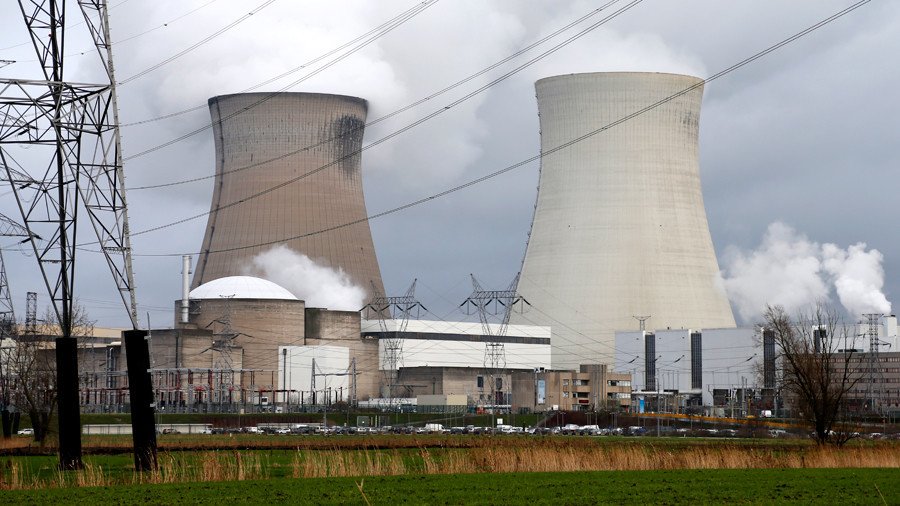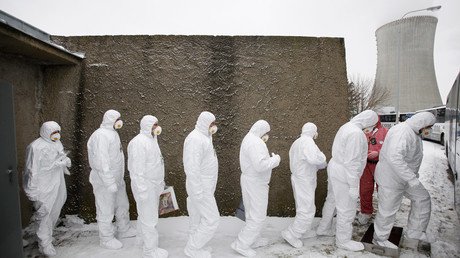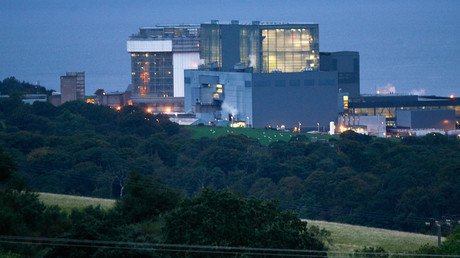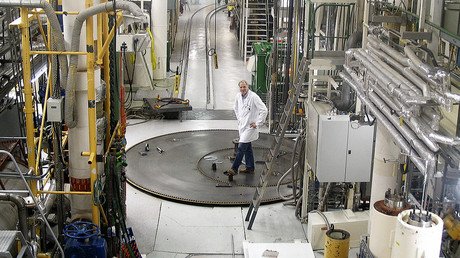Nuclear alert? Belgium distributes millions of iodine pills, yet claims ‘no risk’

Belgium has started distributing iodine pills free for all citizens, claiming the measure was not prompted by any “specific risk.”
Pharmacies have begun receiving some of the 4.5 million boxes of iodine pills, which have been available for citizens for free since Tuesday, it was revealed during the presentation of a new plan in case on nuclear emergency.
READ MORE: 'Sword of Damocles’: French, Belgian power plants vulnerable to attacks – Greenpeace
The distribution of the medicine, which is considered beneficial for radiation-affected citizens, came as an updated emergency plan came into effect.
In 2017, the government launched a website, explaining to its 11 million citizens step-by-step what to do in case of a nuclear accident. The alert states that in emergency situations citizens should always follow recommendations of the authorities, which include seeking shelter, following evacuation orders and taking iodine pills.
Informatiecampagne gelanceerd: wat te doen bij een kernramp? https://t.co/WU4Um7qFIb
— Jan Jambon (@JanJambon) March 6, 2018
One of the dangers of a nuclear disaster is the release of radioactive iodine (Iodine-131) which can be accumulated in the thyroid gland and cause thyroid cancer. Taking iodine pills – also known as potassium iodide – before or at the beginning of exposure can prevent thyroid cancer, according to the World Health Organization (WHO). It was Iodine-131 that caused around 5,000 deaths from thyroid cancer following the Chernobyl nuclear disaster in 1986.
According to Belgian Interior Minister Jan Jambon, Brussels is trying to “properly inform” the public, adding that all measures are solely precautionary and the nuclear facilities present no threat. “For now there is no specific risk with our nuclear plants,” Jambon said.
There are two nuclear power plants, operating seven reactors, in Belgium. The first plant is located in the village of Doel, near the northern Dutch-speaking port of Antwerp, and the second is in French-speaking Liege province in the south. Citing its ageing reactors, the country has decided to phase out nuclear power by 2025.
Belgium launched an initial series of emergency measures back in 1991 in case of a nuclear disaster, but only updated them in 2003, Benoit Ramacker, spokesman for the national crisis center said. With the latest plans, “citizens must also prepare to help themselves the day something happens”, Ramacker told RTBF in an interview.
The country has recently witnessed dozens of minor incidents linked to nuclear power sites. Thus, in 2017 local media reported that ultrasonic inspections detected a substantial number of new micro cracks in nuclear reactors at both Belgian plants. Back in 2014, the Doel 4 nuclear reactor was temporarily closed due to an oil leak. Authorities later confirmed that it was a case of sabotage.
Following the terrorism attack in Brussels in March 2016, media revealed that suicide bombers Khalid and Ibrahim El Bakraoui had been planning attacks on Belgian nuclear power stations, according to Dernier Heure report.
Belgium is not the first European country to issue iodine to its citizens. Back in 2016, the Netherlands government, also concerned about the ageing reactors across its border in Belgium, ordered millions of iodine pills for its own citizens in case of nuclear disaster.
The authorities of the German city of Aachen, some 70km from the Tihange plant, also started issuing free iodine tablets to some 500,000 residents, fearing leaks at facility.
Like this story? Share it with a friend!















